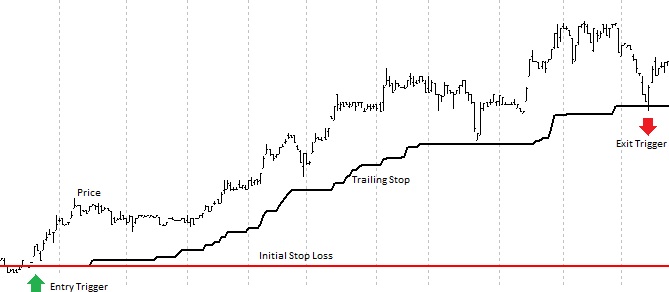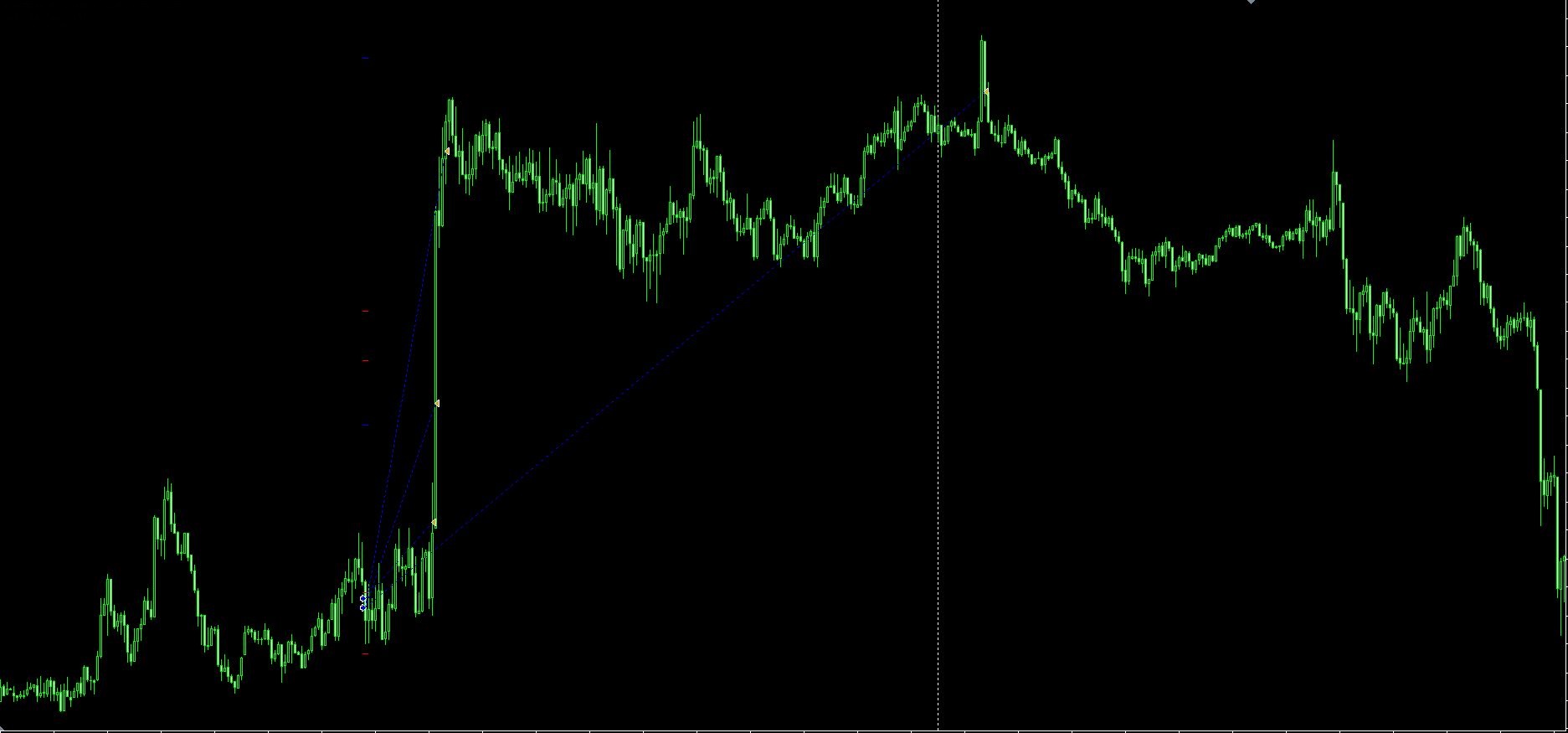Path To Profits: 5 Ways To Exit Trades Profitably!
In effort to give some categorical differentiation to the articles I’m writing, I’ve decided to start this Path To Profits series. This helps readers identify which posts are directly related to trading skills knowledge and I hope the articles I write in this category will truly help readers find a measure of trading success.
The main determinant at the core of trading success, is the trader. The trader must be able to handle the trading strategy, not be handled by the trading strategy. He must master his emotions and not be slave to them.
To do this, the trader must know how to handle himself in the markets. To know where the markets are favourable for his trading, to know how to manage his money.
This boils down to having practical knowledge. This is where I hope the articles can help new traders.
For the experienced traders, allow these articles to remind you of the knowledge locked in your head. Seek to constantly improve your trading, or maintain your edge.
There is no shortage of entry strategies out there, a quick search on the internet will produce so many results, there is no way you could read them all.
But how about the exits?
This is a point many traders find difficulty with after some period of trading.
Think of the times you went “I should have gotten out there!” or “I shouldn’t have gotten out so early!”.
This is one of the major factors which determine your trading performance.
It’s important to FIRST manage your expectations for the trade.
Know what your trading strategy is trying to capture and don’t be greedy.
Are you planning to catch a trend move? A swing move? Or just a momentum move?
Let me show you a few different exit strategies which you can implement according to the move you are trying to capture. Understand that there is a grey area of overlap between these moves, but you should decide exactly which slice you want to take from the whole cake.
Trend Move Exit
If you intend to catch a trend move, it’s important to survive the retracements in order to ride the trend. These tend to be very long term trades with no pre-determined exit levels, if there are, they will be very far away.
For this, you might want to consider:
A Trailing Stoploss
Trail a stoploss which is sufficiently far away not to get caught by retracements. When price is approaching levels which you think will limit the continuation of the trend, tighten your trailing stoploss and get ready to exit your trade in a good profit. You could use a volatility based measure for your trailing stoploss, like 2 times of the daily ATR. Or base it on the price structure such as the previous swing high/low and placing your stoploss below those price swings.
Tip: You can consider combinations such as 1 ATR below a previous price swing low. Give the trend breathing room.
Here’s a picture of what a trailing stop looks like
Scale Out
At major levels of interest, consider scaling out of your trade. Or if price gets stuck in a consolidation, try to exit above the middle of the consolidation.
Tip: If the consolidation is a bull flag, then it will continuously keep hunting previous swing lows formed within the consolidation. So consider scaling out some and be ready to re-enter it again when price continues its trend. The consolidation is relative to the timeframe of the trend you are catching the trend on.
Swing Move Exits
A large majority of people tend to be swing traders, these trades require more attention than trend trading, entries and exits should be more precise. Typically these trades aim to catch a move from one level of interest, to another level of interest.(AKA Support to Resistance)
So exits you should consider:
Planned Exits
There will be pre-determined levels of interest where you believe prices will get stuck. These are good levels to exit the market.
Tip: Pay attention when price approaches these levels, you may need to exit manually if price just misses your target exit level.
Scale Out
Usually there will be smaller levels of interest in-between the major levels of interest. You can consider taking a little bit of profit when price reaches these intermediate levels of interest.
Tip: You can of course plan multiple exits to scale out your position. Like in the example below.
Momentum Move Exits
Then of course there’s the more active crowd who are momentum traders.
Tip: A simple rule of thumb is, once the momentum fades, get out of the trade.
So here are the exit strategies you can consider:
Early Exits
This means observing when price reaches potential levels of interest. Does it slice through the level easily? Or does it show unwillingness to stay at those levels? Balance this with giving the trade sufficient time to show you.
This comes from experience, so take the time to learn.
All-In-One Exit
Exit the position in one go. It frees up your mind to the next opportunity. It’s also easier to get into a new trade than to reverse a current position.
Final Tip on improving your exits: Chose one which makes the most sense to you, then track the results with your trading journal, fine tune the one you chose. Stick with it and don’t constantly keep switching exit strategies.
(Here is an article on how using a trading journal can help you:
3 Powerful Tips To Boost Your Trading Profits With Your Trading Journal)
Good trading folks!














